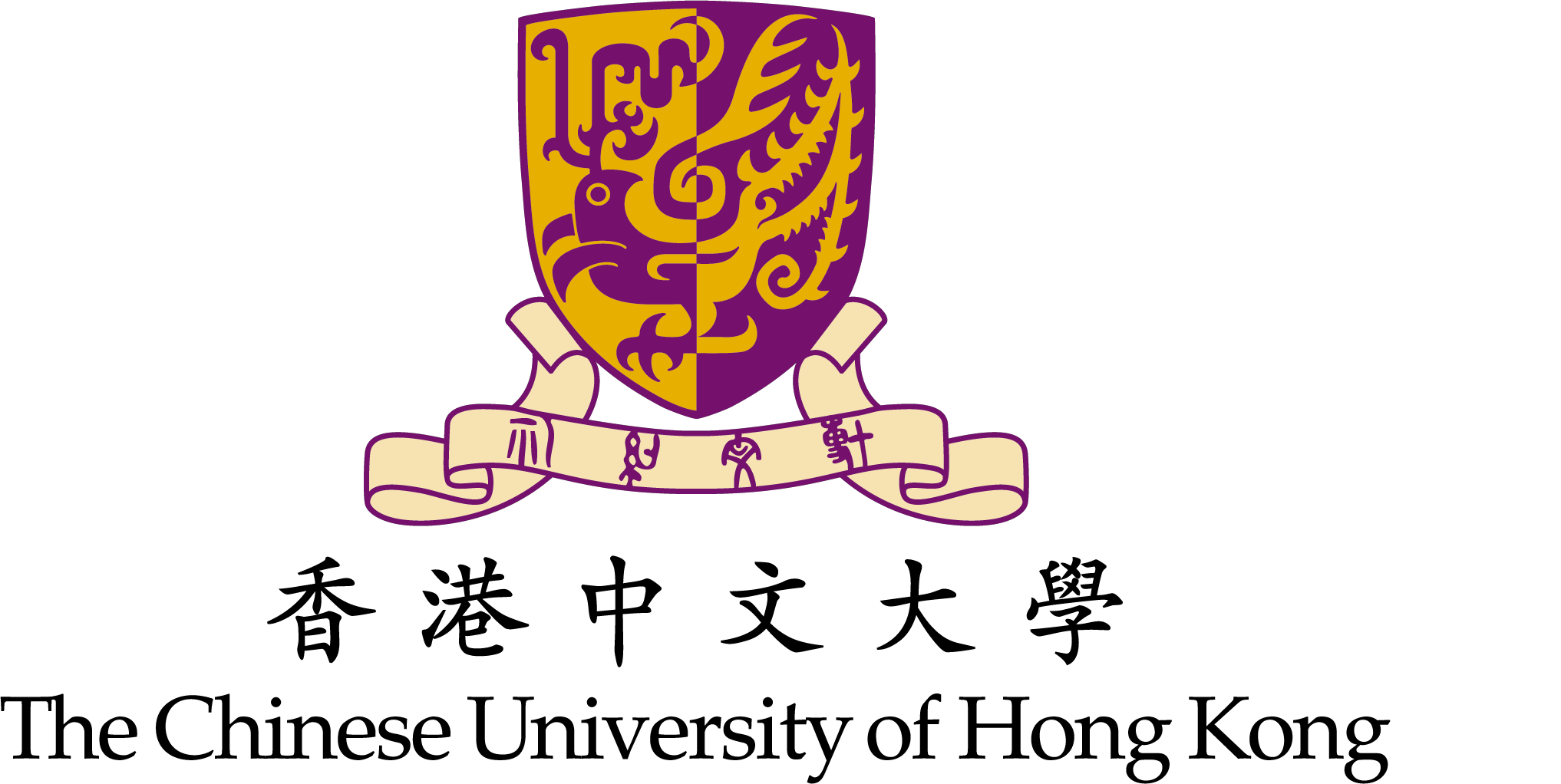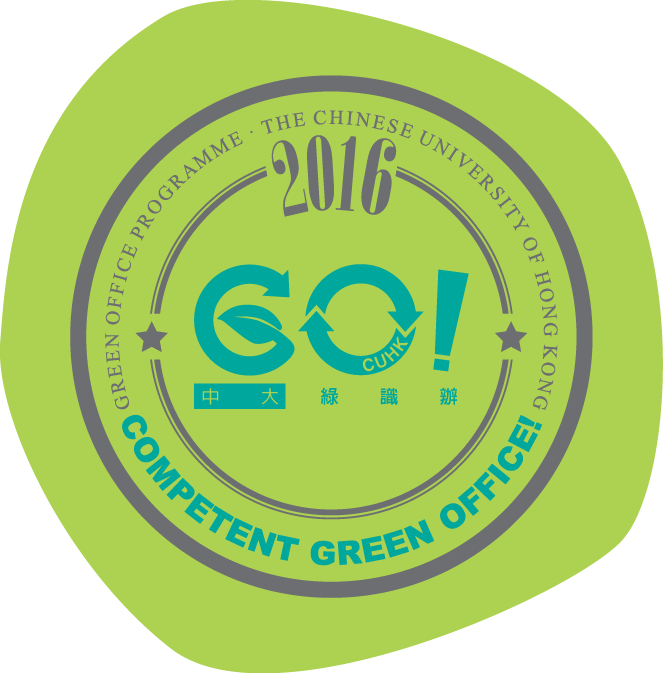
Frequently Asked Questions
Q1. What has been done on EAC at CUHK?
A: Various projects similar to the current EAC project have been implemented to support and extend the learning of English in other disciplines.
A similar initiative, the Writing Across the Curriculum (WAC) project, was managed by the Department of English to promote disciplinary literacy and language transfer from September 2002–2006. The current EAC project also serves a similar purpose but it focuses not only on writing but also a wide range of discipline-specific language skills, for instance, oral presentation and job interview skills.
The ELTU also engaged in an inter-institutional UGC-funded research project on Professional Development in English Across the Curriculum (EAC) in 2014 and initiated the one-year Communities of Practice (CoP) project on English Across the Curriculum (EAC) at CUHK in August 2015. Various collaborative projects have been developed and implemented to enhance students’ language awareness and language use in the discipline. Please click here to read more about our EAC projects and collaborators.
Q2. How does EAC provide tailored language support additional to or different from ELTU courses?
A: The ELTU offers compulsory core English for Academic Purposes (EAP), English for Specific Purposes (ESP), English for Professional Purposes (EPP) courses and electives at different levels. Apart from the foundation English course in the first year, students are required to take ELTU courses specific to their faculties in the second and third year. EAC is similar in this respect as it offers tailored language support to different faculties, but it focuses more specifically on the different disciplines within a faculty and their particular language needs. In other words, EAC aims to address their diverse language needs within a faculty by providing teachers and students with support in addition to the ELTU curriculum.
Q3. How does the EAC project team help content teachers?
A: Our assistance can come in different forms. Generally speaking, we help content teachers with designing, assessing and improving the language aspect of different assignments and tasks in their disciplines, including but not limited to field work reports, final year projects, reflective essay writing, informative presentations, persuasive presentations. Upon receiving samples of students’ works, we work with content teachers to identify and analyse students’ language needs. Based on their needs, we collaborate with content teachers on tailored projects to enhance their students’ use of English in their disciplines.
Q4. What support or resources can content teachers gain from EAC?
A: To support our content teachers, we
-design and provide tailor-made and discipline-specific courses;
-hold invited sessions and workshops for students to understand their language problems and assist them to make improvements;
-cooperate with Centre for Learning Enhancement and Research (CLEAR) to provide professional development workshops for content teachers and teaching assistants on how to enhance their students’ use of English in the discipline;
-help content teachers prepare rubrics that incorporate language elements into the assessment criteria; and
-collaborate with content teachers to produce guidelines, materials, or micro-modules to facilitate the use of English in the discipline.
Q5. How will the quality of the collaborative projects be assured?
A: In addition to the feedback we receive from collaborators and students involved in the project, the effectiveness of EAC will be evaluated by the quality of students’ output. We often compare student outputs produced before and after the intervention.
Q6. Who are the targeted groups of students?
A: EAC focuses mainly on providing support to CUHK undergraduate students, although language support for postgraduates is also possible under special circumstances.
Q7: I am a CUHK student who would like some individual help to improve my English. Should I seek help here?
A: The EAC project does not provide individual assistance. However, you may want to check out Peer Tutoring Scheme (http://eltu.cuhk.edu.hk/pts/), which is a spin-off project that provides peer tutoring services for students with different language needs.
© Copyright 2023 ELTU, The Chinese University of Hong Kong. All Rights Reserved.



